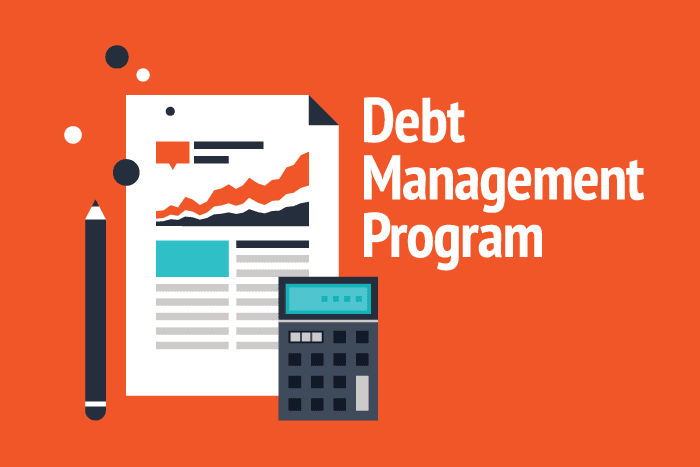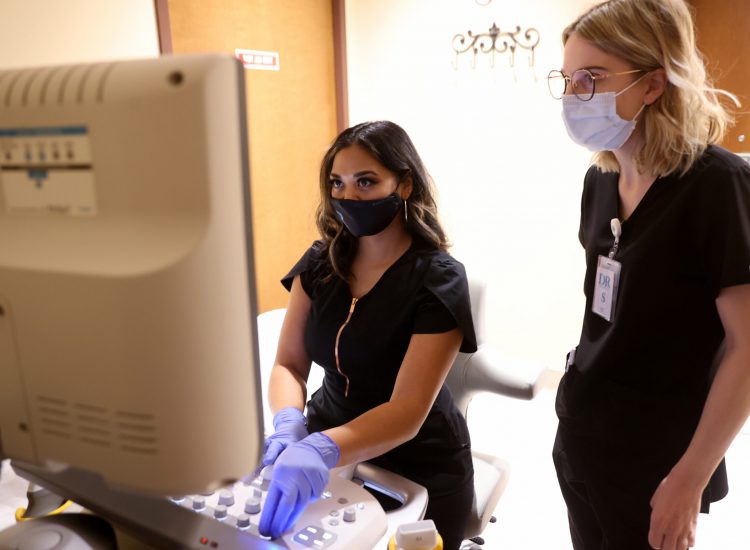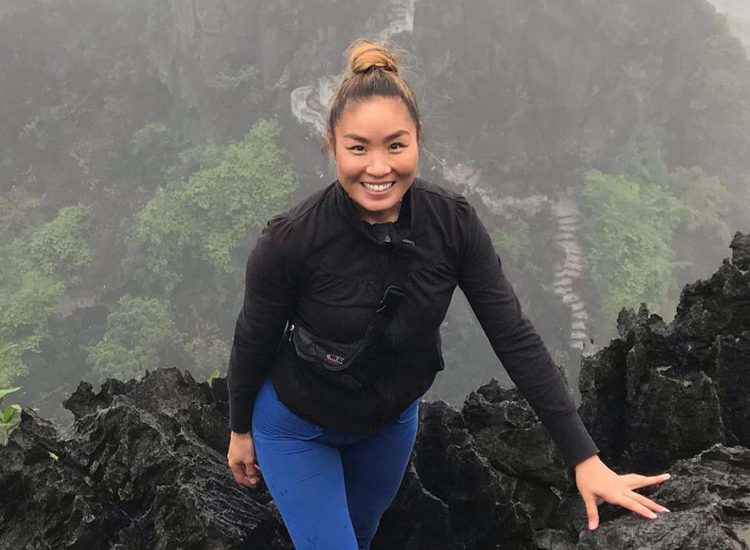Scientists have deduced predict a affected person’s probability of experiencing a screening mammogram recall utilizing knowledge from the digital medical file, based on a brand new examine printed Monday.
Girls who’re youthful, have a surgical historical past of breast most cancers, and haven’t skilled a previous breast imaging examination or recall are likelier to expertise one, consultants be aware. Researchers hope to construct on the success of their mannequin to conduct a potential investigation, gauging the worth of EMR-based instruments to assist predict recollects on the time of scheduling.
“Our examine demonstrates the feasibility of utilizing affected person and breast care variables that may be robotically extracted from the EMR to foretell the probability of a screening recall,” Jikai Zhang, with the Division of Electrical and Pc Engineering at Duke College, and co-authors wrote July 17 within the European Journal of Radiology [1]. “A serious problem of this hyperlink of investigation is the incompleteness of EMRs, however this examine demonstrates that, as a proof of idea utilizing a real-world setting, it’s nonetheless possible. Establishment-wide efforts to enhance the completeness of EMR knowledge entry will seemingly enhance the efficiency of fashions additional,” he added later.
For the examine, Zhang et al. recognized all 21,543 girls age 40 or older who underwent a digital breast tomosynthesis examination at a single, unnamed U.S. establishment in 2018. Their main consequence was those that skilled a screening recall suggestion of BI-RADS (Breast Imaging-Reporting and Knowledge System) 0.
Girls within the ultimate pattern have been a median age of 59 and skewed principally white (64%) and Black (27%). Of the full, 2,182 or 10% skilled a screening recall suggestion. A number of variables have been “considerably” related to a future recall. As an illustration, a 50-year-old lady was 26% much less more likely to be recalled when in comparison with somebody at age 40. These with a historical past of breast most cancers have been 2.3 instances likelier to expertise a recall versus people with out one. Girls with a earlier recall within the final 5 years have been 23% much less more likely to expertise one other one in comparison with girls and not using a recall historical past. And girls with a previous screening mammogram throughout the previous 18 months have been 40% much less more likely to have a recall and 32% much less seemingly for people with a screening mammogram within the final 18-30 months.
Zhang and co-authors see vital implications from their work as observe leaders search to enhance effectivity and the affected person expertise.
“Whereas earlier research have recognized particular person affected person, imaging and radiologist traits predictive of screening recall, this work makes use of structured reporting parts throughout the EMR to facilitate the event of EMR instruments that may affect mammogram scheduling,” the authors famous. “By triaging girls with the next probability of a screening recall suggestion, establishments can schedule girls earlier within the day and at a location that provides same-day screening interpretations and subsequent diagnostic companies. This may assist to cut back girls’s nervousness and thus reduce one of many principal harms of breast most cancers screening. Moreover, we calculated completely different recall thresholds based mostly on a observe’s capability and need to accommodate potential identical day screening recall examinations.”
Learn rather more in EJR on the hyperlink under.

















